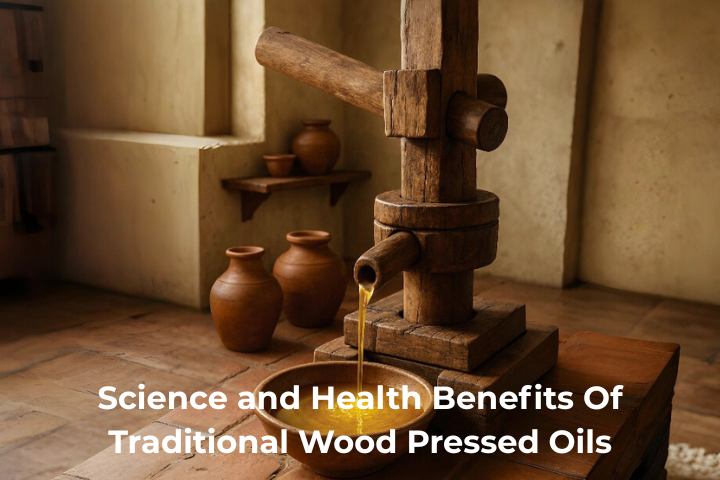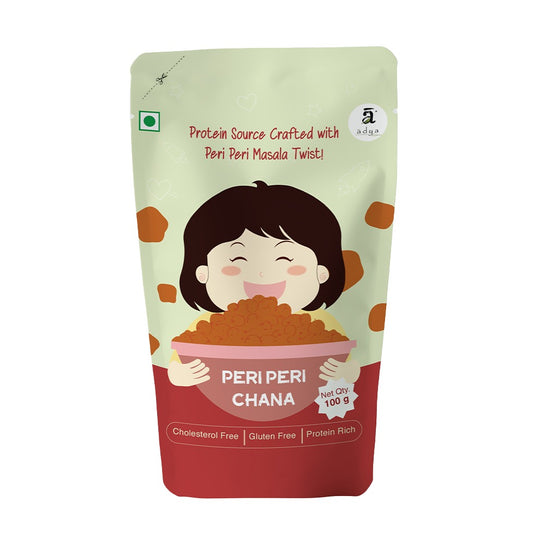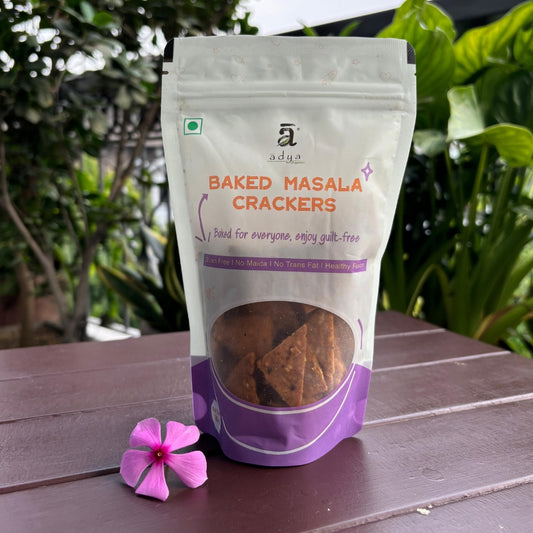
The Science and Health Benefits Of Traditional Wood Pressed Oils In Modern Indian Kitchens
Share
Indian cuisine is popular for its distinct flavours and irresistible aromas born from time-honoured, tedious cooking methods. Whether it's stir-frying vegetables, preparing rich gravies, drizzling over salads, boiling or simply garnishing, at the heart of almost every desi recipe is cooking oil. Traditionally, we relied on home-extracted, naturally made oils for everyday cooking purposes. Over time, refined oils have replaced the traditional, naturally extracted oils. It is now more important than ever to make a mindful switch back to traditional wood-pressed oils.
Why say no to refined oils?
Like most mass-produced products, refined oils are heavily processed. While they may appear attractive with fancy health claims, they are far from the ideal choice. These oils are manufactured in large batches using excessive heat and chemical treatments, which strip away essential nutrients, antioxidants and natural flavour. What remains is a calorie-dense oil that contributes to inflammation, high cholesterol and other health concerns. Replacing refined oils with nutrient-rich traditional wood-pressed oils is therefore a smarter and healthier choice for everyday cooking.
The science behind traditional wood-pressed oils
Vedic scriptures refer to oils as sources of strength (bala), nourishment (poshana) and balance (dosha shaman). The traditional ghani or wooden press tool was used to extract oils slowly and gently, ensuring the natural prana (life force) of the seeds remained intact.
According to Ayurveda, excessive heat and chemical processing disturb the natural guna (qualities) of oils, making them heavy and toxic for the body. Traditional wood pressed oils, on the other hand, retain their natural essence, rich with ojas (vitality), antioxidants and balanced fatty acids that support agni (digestive fire), immunity and overall wellness. This ancient wisdom aligns perfectly with modern nutritional science, which confirms that cold-pressed oils preserve vitamins, minerals, and healthy fats better than refined oils.
The 3 N’s of wood-pressed oils
-
No Overheating:
Traditional wood pressing works at a slow pace and low temperature. Because the seeds are not exposed to high heat, their natural goodness stays intact. Essential fatty acids, vitamins and antioxidants are preserved, giving the oil both flavour and nourishment.
-
No Chemicals:
Mass-produced refined oils go through bleaching, deodorising and chemical solvents that strip them of purity. Wood pressed oils, on the other hand, are extracted without any artificial interference. What you get is clean, unaltered oil that is as close to nature as possible.
-
Nutrient Retention:
Since these oils are neither overheated nor chemically treated, they hold on to their original nutrients. Rich in Omega-3 and Omega-6 fatty acids, Vitamin E and natural antioxidants, they help improve heart health, strengthen immunity and add real value to everyday meals.
Adya Organics’ traditional wood-pressed oils
-
Yellow Mustard Oil: A kitchen favourite for its sharp, pungent taste, this wood-pressed yellow mustard oil is rich in Omega-3 fatty acids and natural antioxidants that are preserved during the cold extraction process. It aids digestion, boosts immunity and enhances the flavour of curries, marinades and pickles without the bitterness often found in refined versions.
-
Black Mustard Oil: A staple in Bengali and North Indian cuisine, wood-pressed black mustard oil is traditionally valued for its antimicrobial properties. The gentle extraction method helps it retain natural compounds and aroma, making it ideal for authentic regional dishes. Beyond flavour, it also supports blood circulation and joint health while staying free from any chemical processing.
-
Groundnut Oil: With a nutty flavour and naturally high smoke point, wood-pressed groundnut oil is ideal for frying, sautéing and roasting. Unlike refined peanut oil, the wood-pressed version retains resveratrol and heart-friendly monounsaturated fats, helping regulate cholesterol and keeping meals light yet nourishing.
-
White Sesame Oil: Known as the “queen of oils,” wood-pressed white sesame oil keeps its Ayurvedic essence intact. The gentle extraction process preserves calcium, zinc and antioxidants that strengthen bones and improve skin health. Its delicate aroma makes it a wholesome choice for tempering dals, stir-fries and chutneys while offering therapeutic benefits.
Frequently Asked Questions
-
How are wood-pressed oils different from cold-pressed oils available in the market?
While both methods use low heat, traditional wood-pressed oils are extracted in a wooden churner (ghani), which generates even less frictional heat compared to modern steel machines. This helps preserve the oil’s natural aroma, nutrients and antioxidants to a greater extent.
-
Can I use wood-pressed oils for deep frying in Indian cooking?
Yes. Oils like groundnut and mustard from Adya Organics have a naturally high smoke point when wood-pressed, making them stable and safe for deep frying, sautéing, and everyday cooking without losing their nutrition.
-
Why do wood-pressed oils sometimes appear cloudy or have sediments at the bottom?
This is a natural sign of purity. Since wood-pressed oils are not refined, filtered excessively, or bleached, they may carry traces of seed particles. This does not affect quality but, in fact, shows that the oil is minimally processed.
-
Do different wood-pressed oils have unique health benefits?
Absolutely. Mustard oil boosts digestion and immunity, sesame oil strengthens bones and skin, and groundnut oil supports heart health. Choosing different oils for different dishes can bring a balance of flavour and nutrition to your kitchen.


